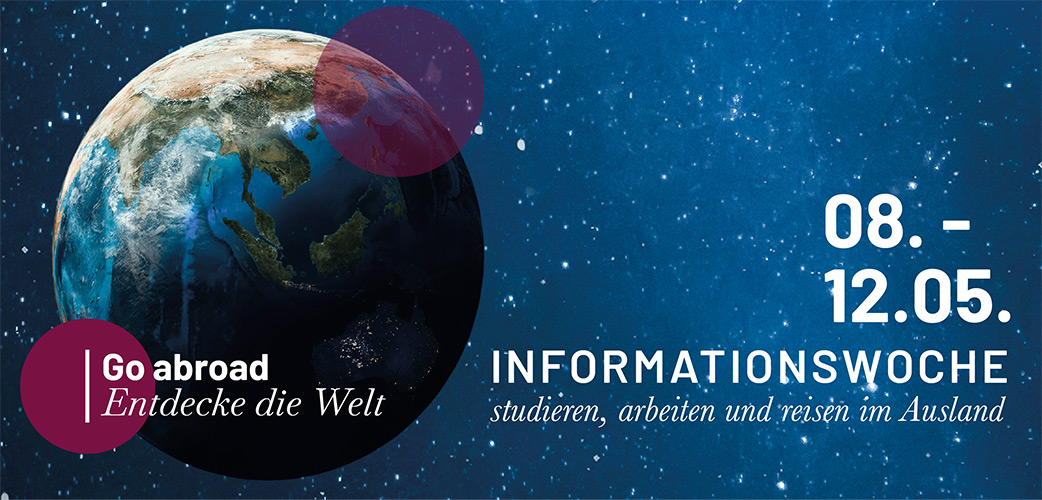EU GREEN Annual Meeting

This October, I had the opportunity to travel to Angers, France, to represent over 150,000 students at the EU GREEN Annual Meeting. What made this experience so meaningful was the chance to participate in both the Student Council and the Senate sessions. Being involved at these two levels gave me a unique perspective on how students and institutional leaders work together to shape the future of the alliance.
The Student Council sessions were a great way to connect with both old and new fellow representatives from across Europe. We focused on strengthening collaboration, improving our internal communication processes, and reflecting on the results of the recent student involvement Survey. A significant part of the work focused on enabling students to play an active role as co-creators in EU GREEN projects, rather than just attending meetings. Before the meeting, the three student senators, including myself, created an agenda to facilitate a smooth and productive time in Angers. We held a workshop on driving organizational change, which was tied directly to a survey that student representatives filled out before their arrival. This survey led to fruitful discussions that explored how students can push for meaningful, long-term involvement at the local and alliance level. Throughout the sessions, there was a strong atmosphere of cooperation and ambition, and it genuinely feels like we are building something important and lasting together.
Another key theme of the Student Council discussions was communication. We had a productive meeting with the alliance’s communication coordinator, where we talked about how student voices can be more visible and integrated into EU GREEN’s outreach. From coordinating communication contacts across universities to exploring new ways to reach students through newsletters and social media, it became clear that better communication will play a major role in strengthening engagement across campuses. There was a shared understanding that EU GREEN is more than a project; it’s a community, and students should help shape how that community grows. To do that, we must increase our outreach to students.
My participation in the Senate sessions offered a completely different, but equally inspiring vantage point. Over two days, senators and institutional leaders reviewed the mission and vision of the alliance and discussed priorities and room for improvement for the next phase of the alliance. We examined the progress EU GREEN has made so far, but also the challenges that come with expanding collaboration across so many universities. It was interesting to see how much thought goes into aligning university initiatives with European-level strategies, like the ‘European Green Deal’, the newly launched ‘Union of Skills’ initiative, and the digital transition, while still keeping students and academic communities at the forefront.
In the Student Council, we also had joint meetings with the Board of Rectors and the Senate. Overall, it was agreed that EU GREEN has matured since its creation and that this next phase is about deepening its impact and strengthening collaboration between research, innovation, education, and society.
During our joint session with the Senate, we presented student perspectives on mobility, internal governance, and participation. We expressed concerns about issues many students face across Europe, such as complicated mobility procedures, delays and the lack of Erasmus funding, and limited visibility of EU GREEN opportunities. We also emphasized the importance of transparent processes and regular student involvement in each work package. These issues were also discussed with the Board of Rectors. I felt genuinely heard in these conversations, and it was encouraging to see how openly the rectors and senators engaged with our feedback. It reaffirmed that students are not just included for symbolic reasons.
Overall, my time in Angers was an incredible experience. It allowed me to support student participation at a European level, collaborate with passionate and motivated peers, and engage directly with decision-makers who are all shaping the future of the alliance. I left feeling inspired, motivated, and proud to represent all students of our 9 universities. Most importantly, I came home with a stronger belief that student voices matter, and that when students and university leaders work together as partners, we can build meaningful and lasting change across Europe.
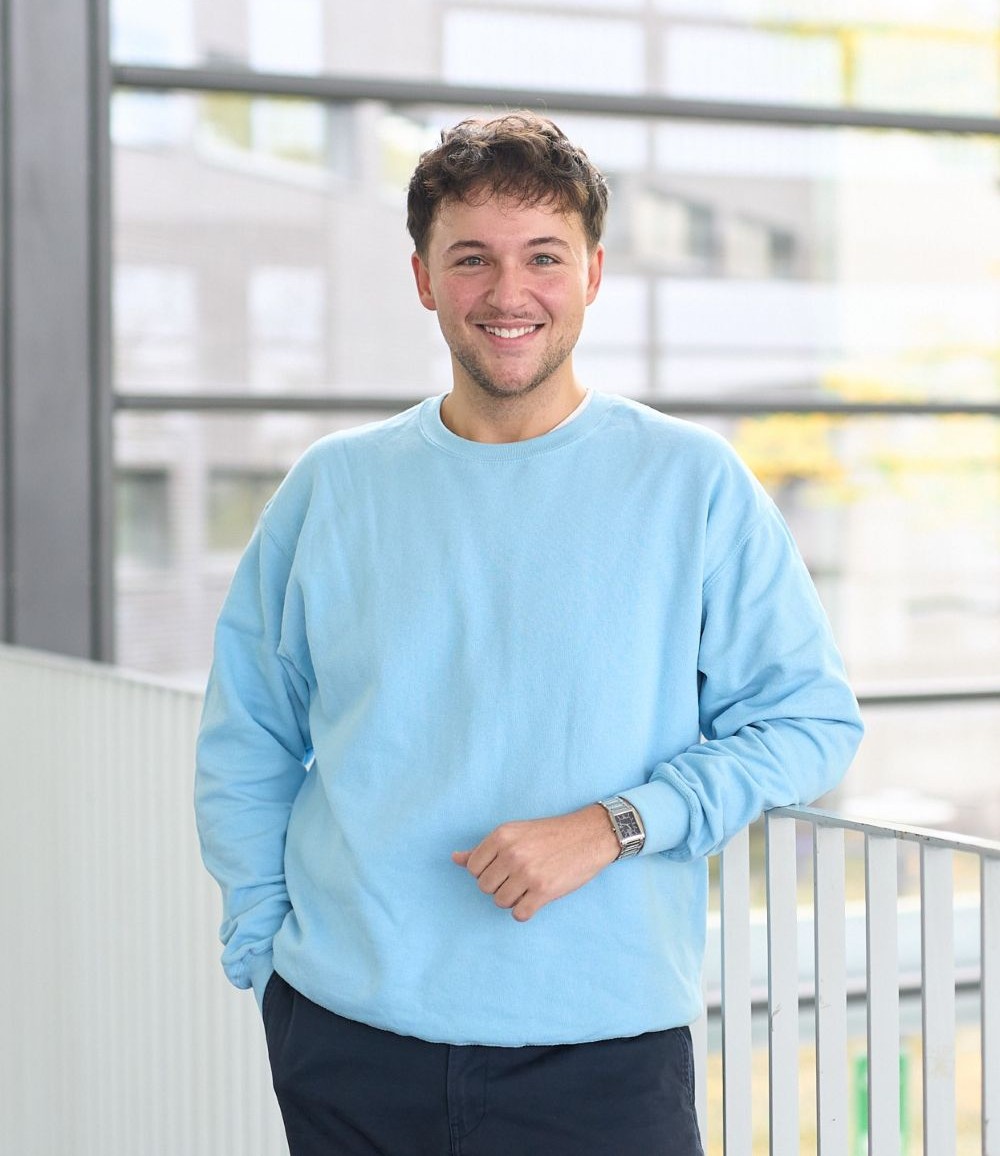
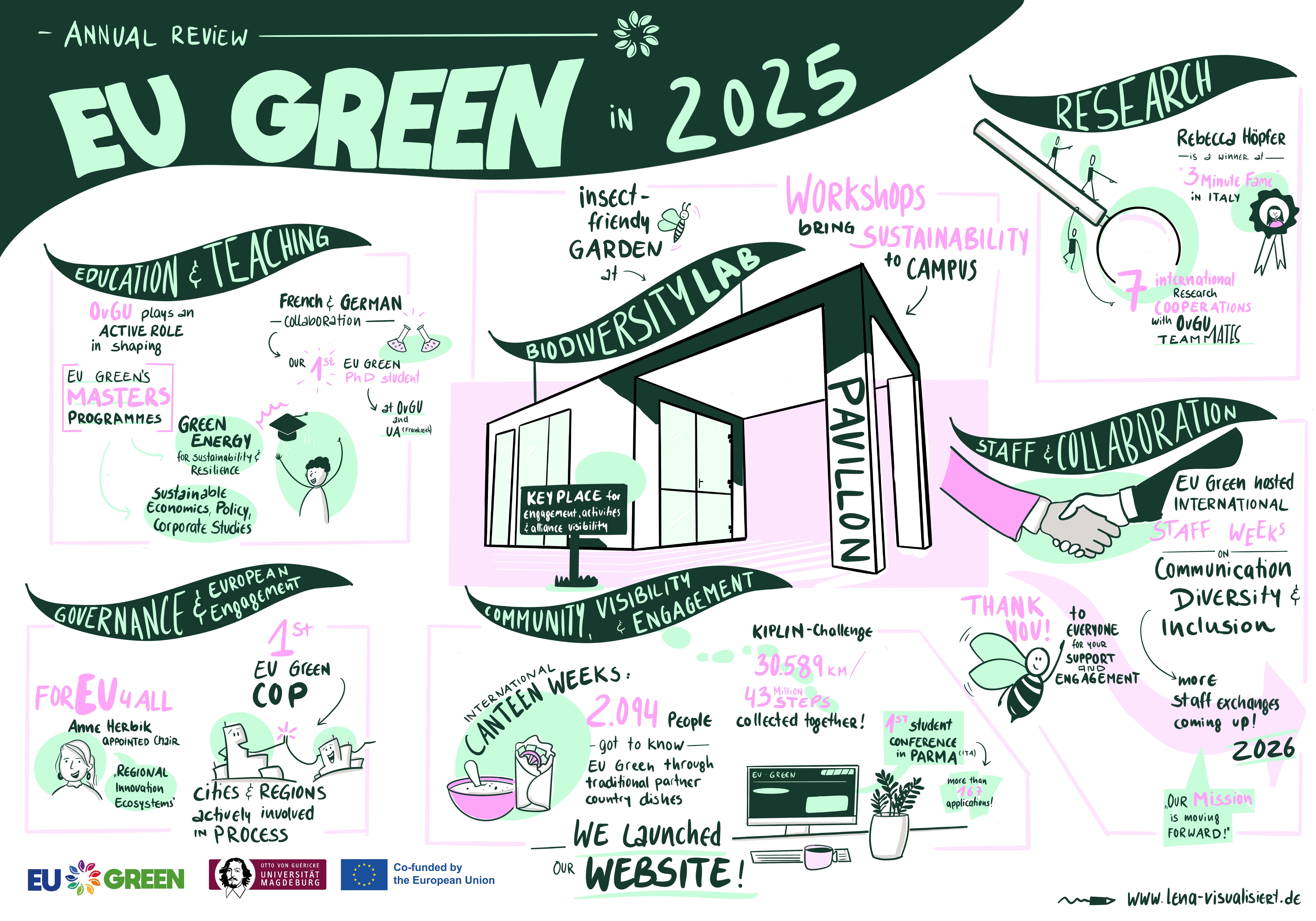

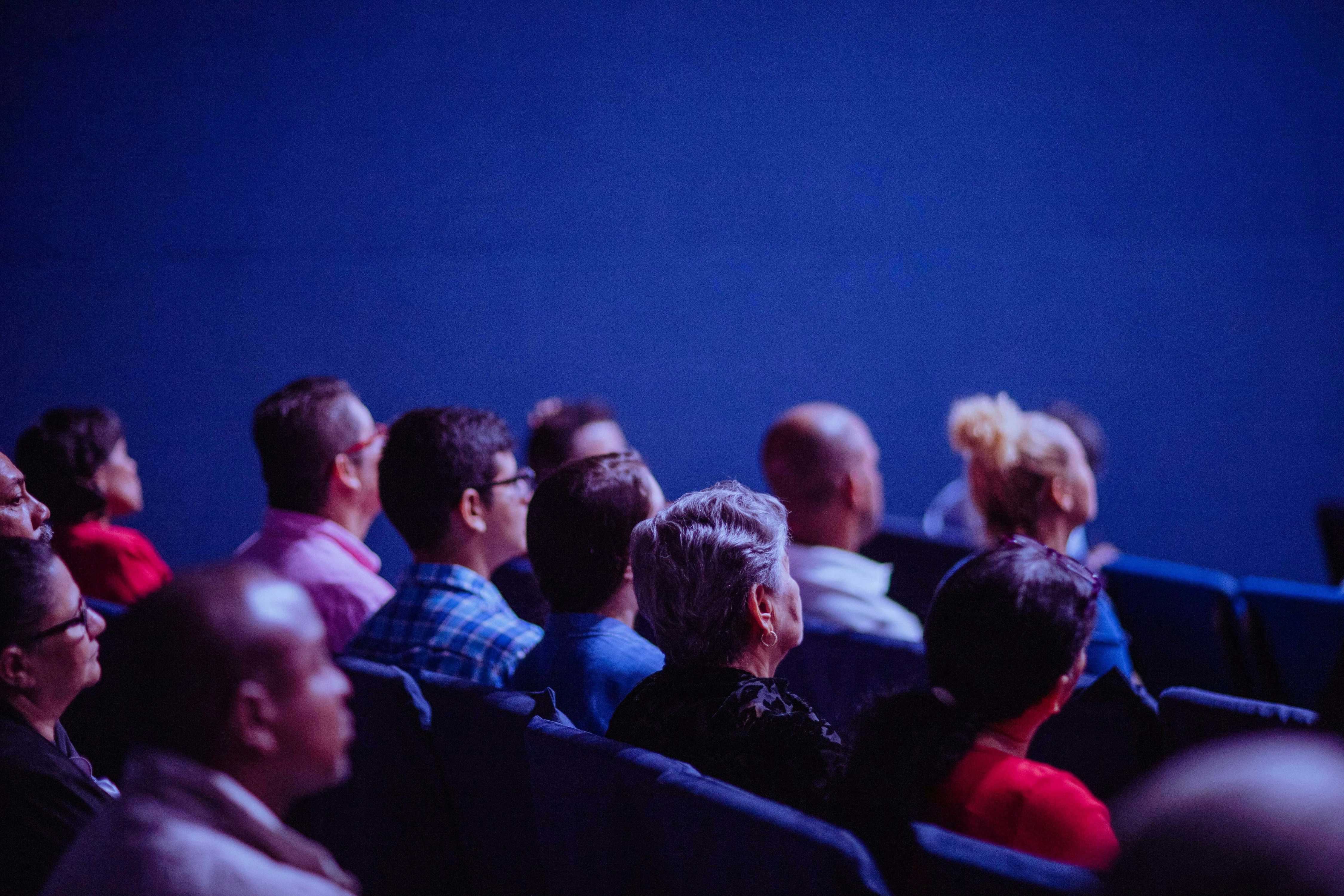

.jpg)
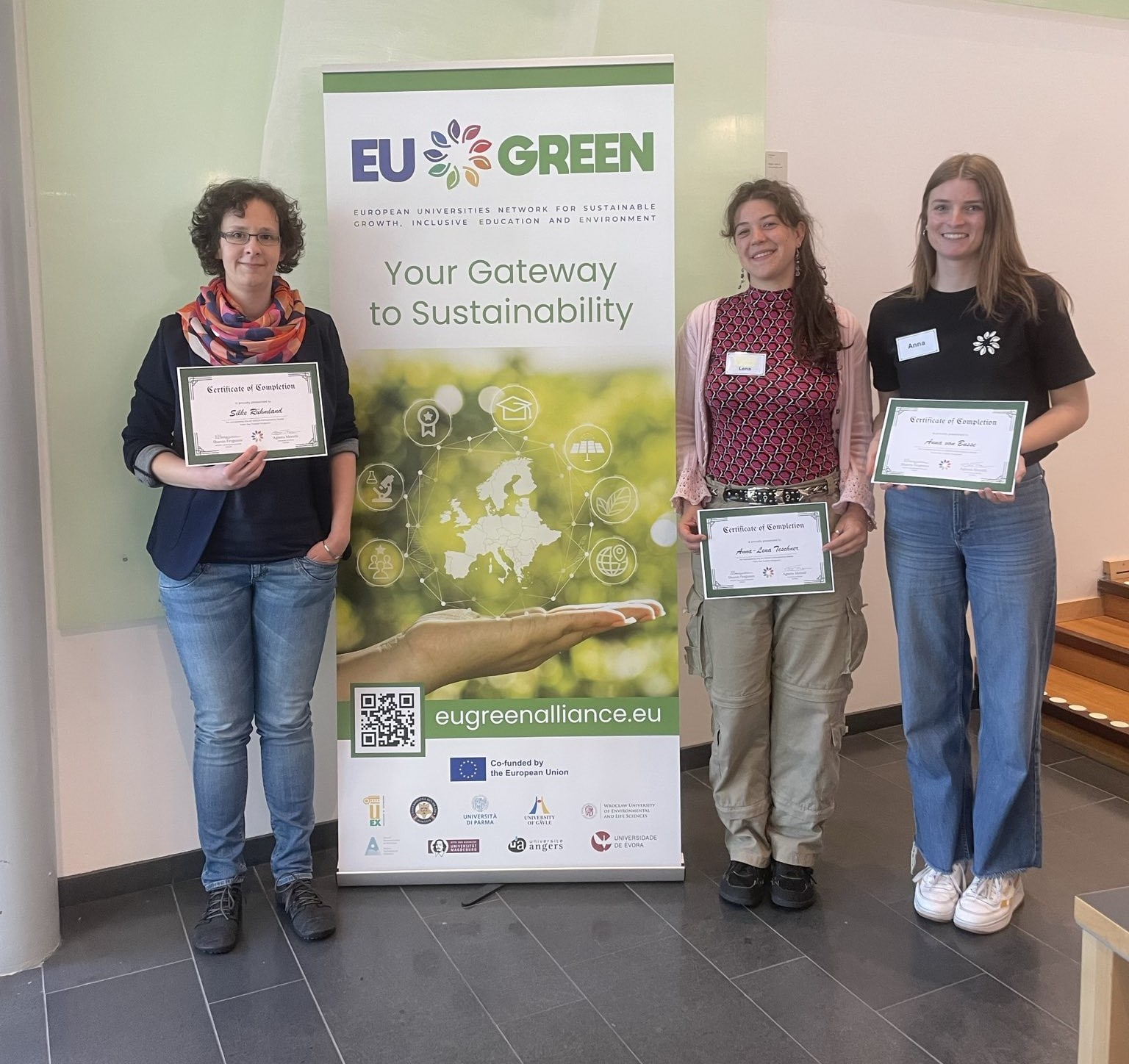

%20(1).jpg)
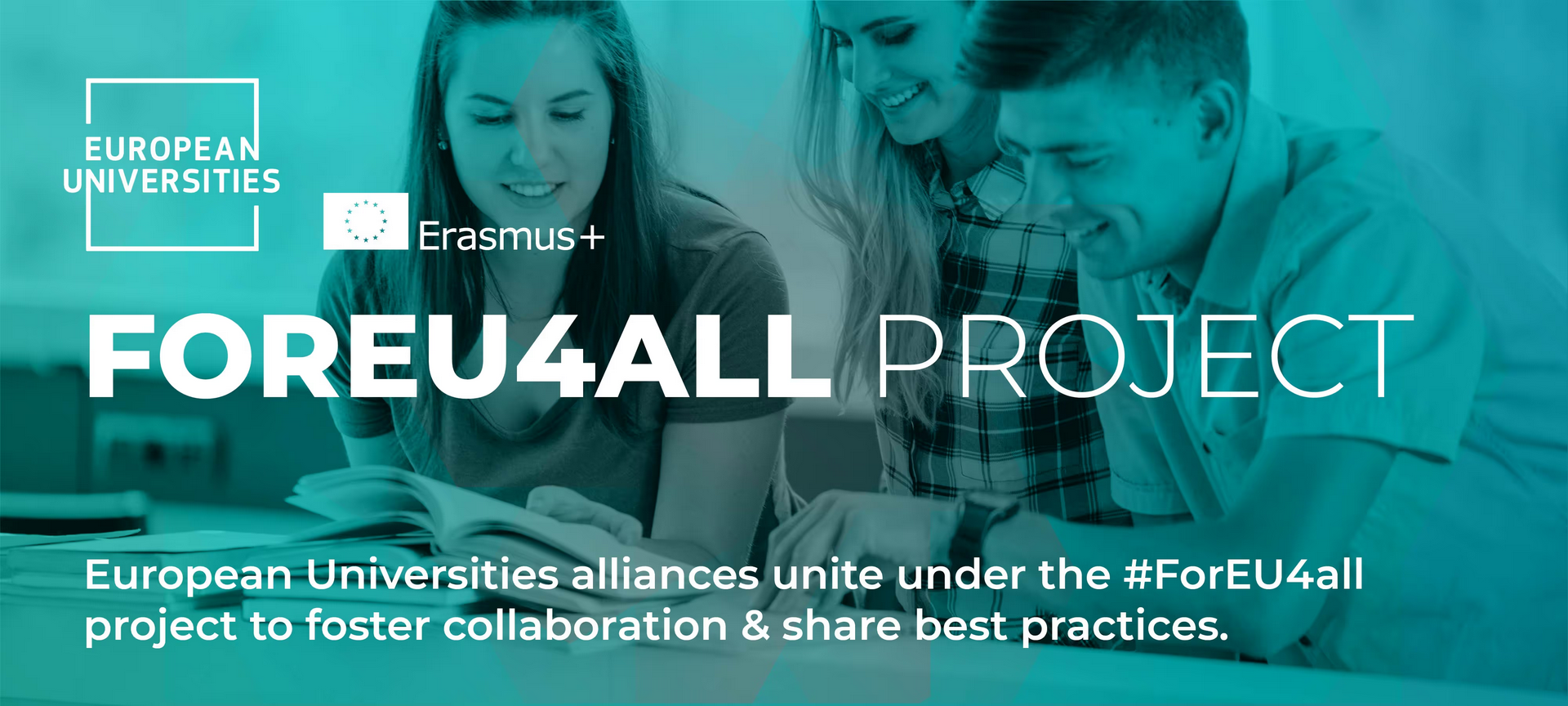

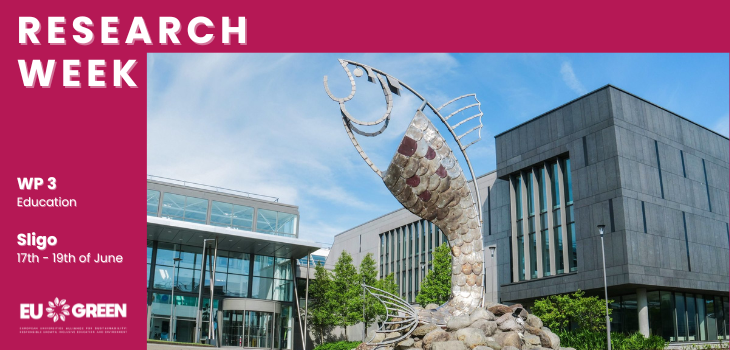

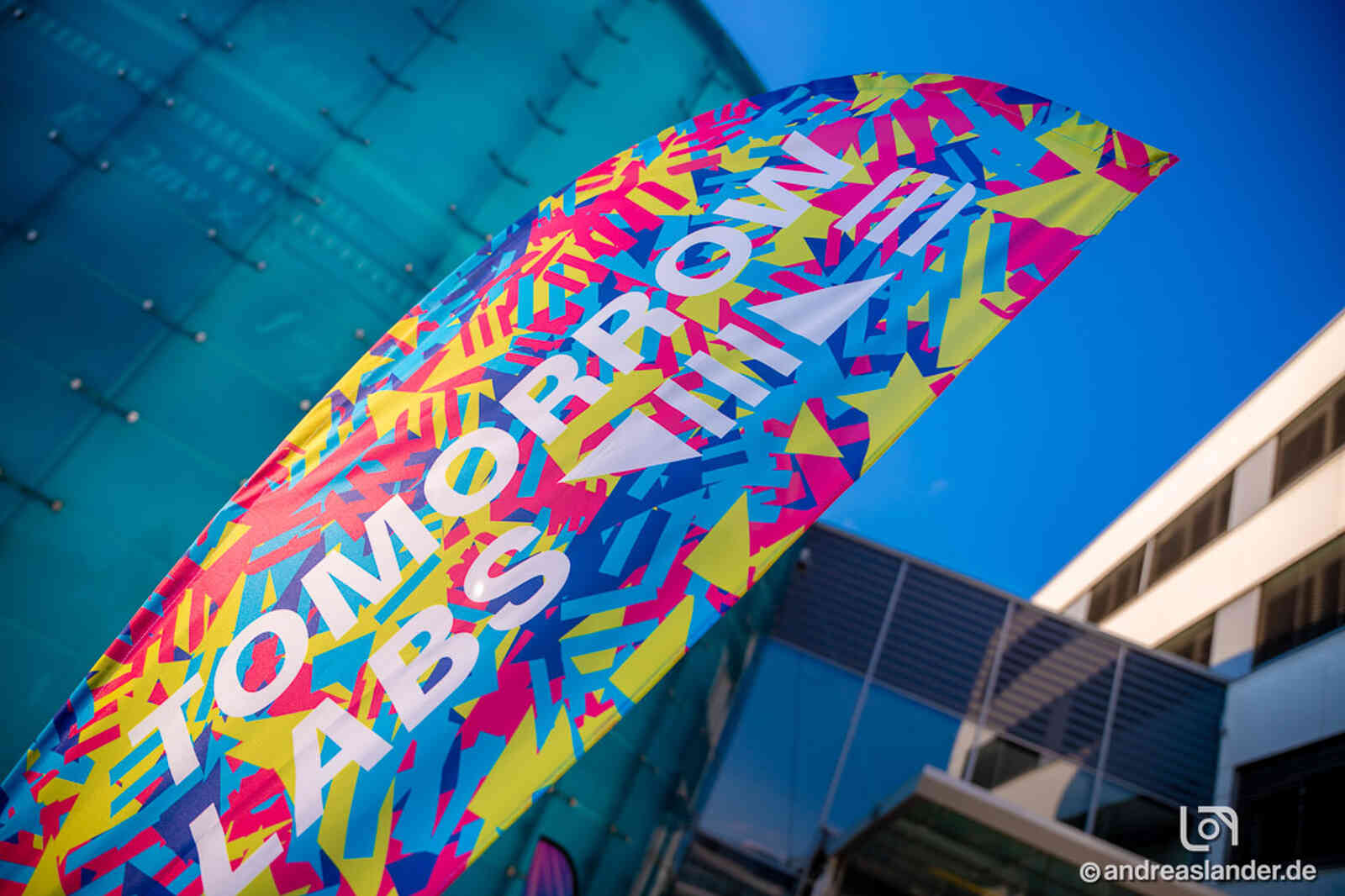
.jpg)
